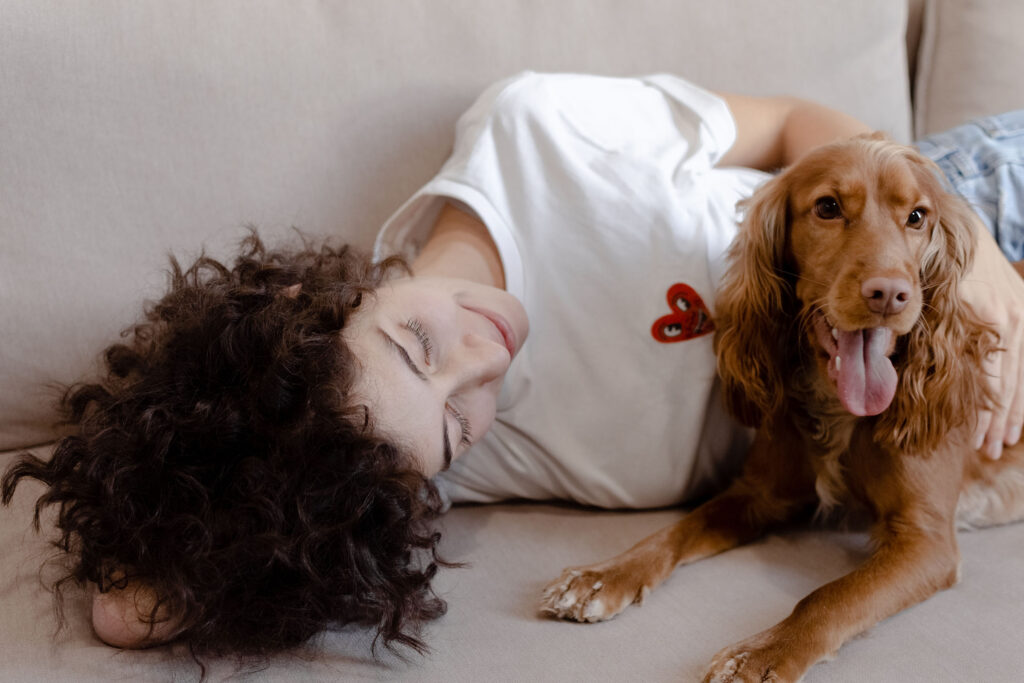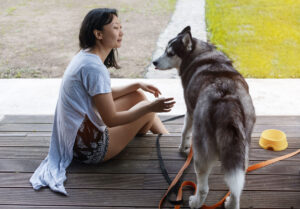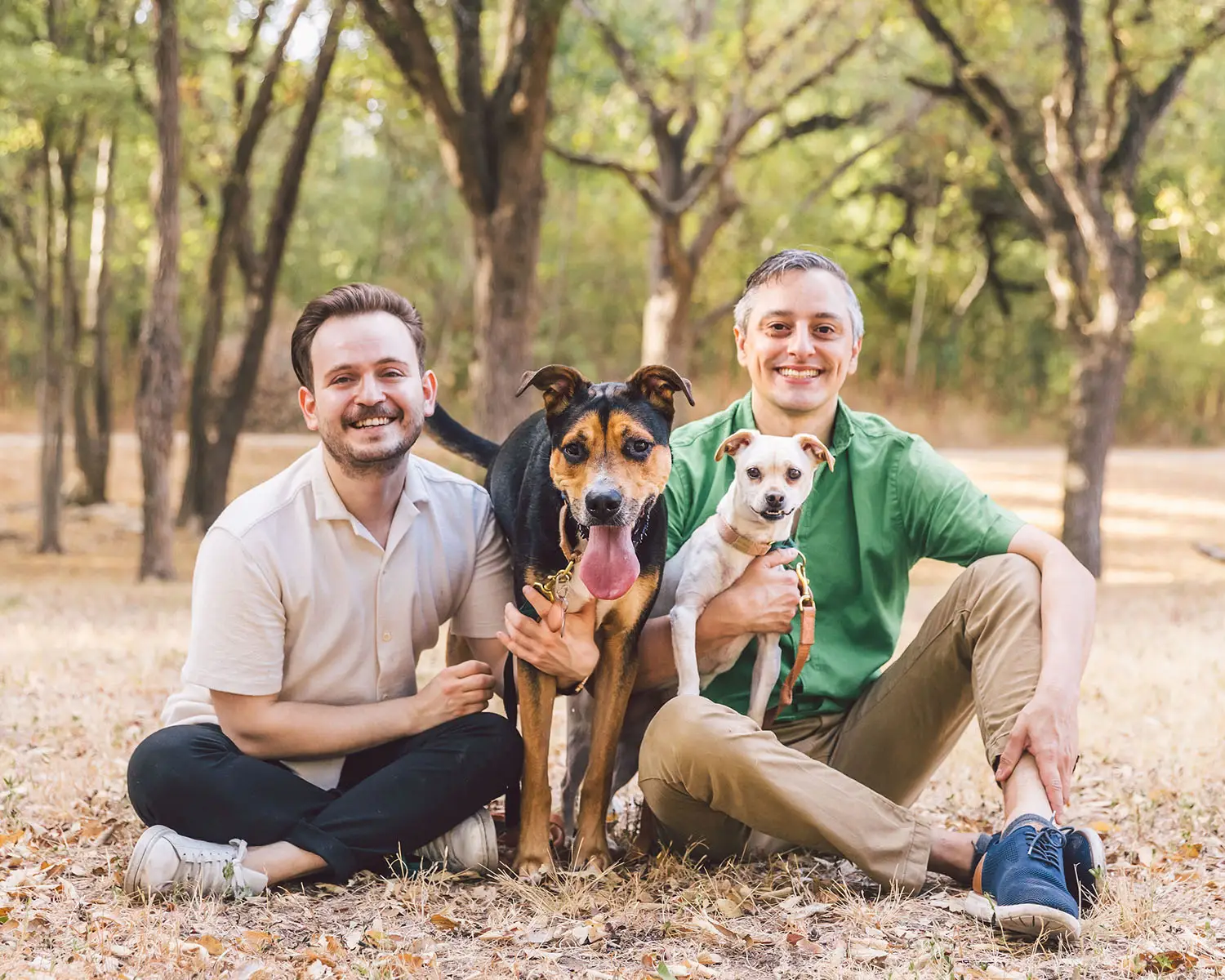We examine how a Tractor Supply study of 1,016 American dog parents reveals a profound shift in modern relationships and what this tells us about the evolution of companionship in our digital age.
There exists, in the corners of every neighborhood from Brooklyn to Beverly Hills, a quiet revolution in the way we forge our closest relationships. It begins, perhaps predictably, with a wagging tail and ends – somewhat less predictably – with the revelation that more than half of modern dog parents consider their canine companions their most intimate confidants.
58% Consider Their Dogs Their Closest Friends
The data tells a story that’s becoming increasingly familiar across America. Among those who share their homes with dogs, 35% of women now speak to their four-legged companions more frequently than their human counterparts. This statistic, while striking, barely scratches the surface of a profound shift in modern social dynamics. When expanded to include all dog parents, regardless of gender, 28% report more frequent conversations with their dogs than with friends or family – a figure that illustrates the changing landscape of intimate communication in our digital age.
The Professional Pause: 41% Have Taken Time Off Work for Their Dogs

In metropolitan centers, where time is measured in Zoom meetings that could have been emails and calendar alerts, an intriguing trend has emerged: 41% of dog parents have taken time off work to care for their canine companions. This statistic, startling at first glance, becomes more comprehensible when one considers the evolving nature of family structures in urban centers. The traditional boundaries between professional obligations and pet care responsibilities have become increasingly fluid, reflecting a broader shift in how we prioritize and structure our daily lives.
The Great Generational Shift: 81% of Gen Z Plan Life Around Their Dogs
Perhaps most telling is the way younger generations approach major life decisions through the lens of their canine relationships. An overwhelming 81% of Gen Z individuals – those coming of age in an era of unprecedented global connectivity – consider their dogs’ well-being before making significant life changes. This figure drops slightly to 73% among Millennials yet remains remarkably high, suggesting a generational consensus about the role of dogs in life’s pivotal moments.
71% of Women Share Their Meals With Their Dogs

In the realm of dining habits, we find the most intimate testament to this evolution in human-canine relationships. Some 68% of dog parents – a figure that rises to 71% among women – regularly share their meals with their dogs. This practice once considered a social faux pas, has transformed into something approaching ritual in many households.
69% Welcome a Second Dog for Companionship
The statistics paint a portrait of a society in transition: 40% of those surveyed prefer their dogs’ company to that of human friends or family members. This preference manifests in curious ways, most notably in the construction of multi-pet households. Nearly one in four dog parents have introduced a feline companion specifically for their dog’s social benefit. At the same time, an impressive 69% have welcomed a second dog into their homes for the same purpose.
As we navigate an increasingly complex social landscape, our relationships with our dogs offer something remarkably pure: unconditional presence. Whether you’re among the 58% who consider their dog their closest friend or part of the growing number who prioritize canine company over human happy hours, this shift represents more than a trend – it’s a redefinition of modern companionship.
In an age where authentic connections feel increasingly rare, our dogs are teaching us the most valuable lesson of all: sometimes, the most meaningful conversations require no words at all.






